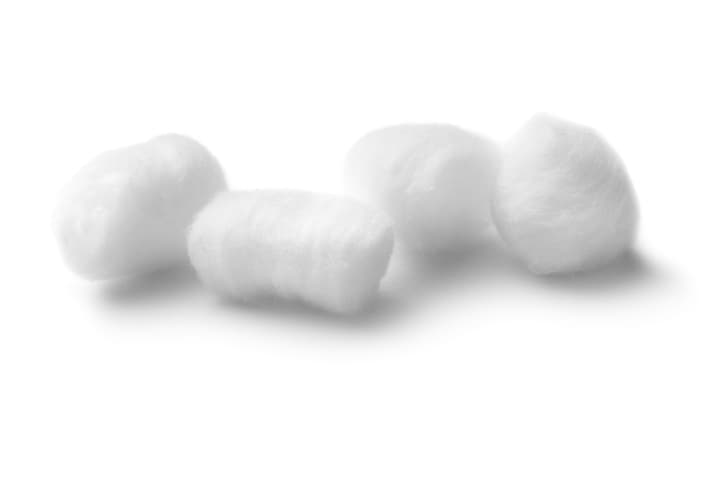 We all need saliva to moisten and cleanse our mouths and digest food. Saliva also helps prevent infection by helping to control bacteria and fungi in the mouth.When you don’t make enough saliva, your mouth gets dry and uncomfortable. Fortunately, many treatments can help against dry mouth, also called xerostomia.
We all need saliva to moisten and cleanse our mouths and digest food. Saliva also helps prevent infection by helping to control bacteria and fungi in the mouth.When you don’t make enough saliva, your mouth gets dry and uncomfortable. Fortunately, many treatments can help against dry mouth, also called xerostomia.What Causes Dry Mouth?
Causes of dry mouth can include:
- A side effect of certain medications. Dry mouth is a common side effect of many prescription and nonprescription drugs, some studies have found that over 500 different types of medication can lead to dry mouth.
- A side effect of certain diseases and infections. Dry mouth can be a side effect of medical conditions, most commonly Sjögren’s syndrome, HIV/AIDS, Alzheimer’s disease, and diabetes.
- A side effect of certain medical treatments. Damage to the salivary glands, the glands that make saliva, can reduce the amount of saliva produced. For example, the damage could stem from radiation to the head and neck, and chemotherapy treatments, for cancer.
- Dehydration. Conditions that lead to dehydration, such as fever, excessive sweating, vomiting, diarrhea, blood loss, and burns can cause dry mouth.
- Surgical removal of the salivary glands.
- Lifestyle. Smoking or chewing tobacco can affect how much saliva you make and aggravate dry mouth. Breathing with your mouth open a lot can also contribute to the problem.
What Are the Symptoms of Dry Mouth?
Common symptoms include:
- A sticky, dry feeling in the mouth
- Frequent thirst
- Sores in the mouth; sores or split skin at the corners of the mouth; cracked lips
- A dry feeling in the throat
- A burning or tingling sensation in the mouth and especially on the tongue
- A dry, red, raw tongue
- Problems speaking or trouble tasting, chewing, and swallowing
- Hoarseness, dry nasal passages, sore throat
- Bad breath
Why Is Dry Mouth a Problem?
Besides causing the symptoms mentioned above, dry mouth also raises your risk of gingivitis (gum disease), tooth decay, and mouth infections, such as thrush.
Dry mouth can also make it hard to wear dentures.
How Is Dry Mouth Treated?
If you think your dry mouth is caused by a certain medication you’re taking, talk to your doctor. The doctor may adjust the dose you’re taking or switch you to a different drug that doesn’t cause dry mouth.
The doctor may also prescribe an oral rinse to restore mouth moisture. If that doesn’t help, they may prescribe a medication that boosts saliva production.
You can also try these other steps, which may help improve saliva flow:
- Suck on sugar-free candy or chew sugar-free gum, specifically ones with xylitol. Try to avoid acidic ones like a lemon that can soften teeth.
- Drink plenty of water to help keep your mouth moist.
- Brush with fluoride toothpaste, use a fluoride rinse, and visit your dentist regularly.
- Breathe through your nose, not your mouth, as much as possible.
- Use a room vaporizer to add moisture to the bedroom air.
- Use an over-the-counter artificial saliva substitute.
